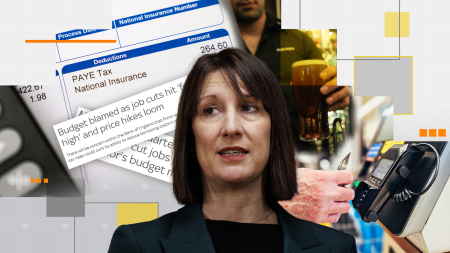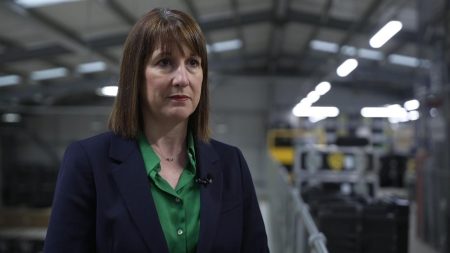A Surprising Boost in UK Retail Sales: January 2024
The UK retail sector experienced an unexpected surge in January 2024, with official figures revealing a 1.7% increase in retail sales. This growth defied expectations, as economists polled by Reuters had forecast only a modest 0.3% rise. The increase marked the first growth in retail sales since August 2023, following a decline of 0.6% in December, a key shopping month. According to data from the Office for National Statistics (ONS), this was the largest rise since May 2023. The December drop was even more significant than initially reported, with the ONS revising its earlier estimate of a 0.3% contraction.
Food and Drink Sales Drive the Surge
The significant rise in January was largely driven by a 5.6% increase in food shop sales, the highest since March 2020, when COVID-19 lockdowns began. The ONS highlighted strong trading across the food and drink sector, with supermarkets, alcohol and tobacco stores, and specialist shops like butchers and bakers all performing well. This uptick suggests that households increased their spending on essential items, possibly due to changing shopping habits or stockpiling behaviors. The strong performance of food and drink retailers indicates that consumers prioritized spending in these areas, even amid broader economic challenges.
Retail Sales as a Barometer of Economic Health
Retail sales are a critical indicator of economic health, as they measure household consumption, which is the largest component of the UK economy. An increase in retail sales often signals potential economic growth, which has been a key priority for the government. The January figures, combined with other positive data released in February, suggest that the UK economy may be strengthening. Improved consumer sentiment and wage rises, along with interest rate cuts, have contributed to this trend. However, it is important to note that retail sales alone do not paint the full picture of economic health, and other factors, such as inflation and production, also play a significant role.
Consumer Sentiment Shows Cautious Optimism
Consumer sentiment has also shown signs of improvement, with the GfK Consumer Confidence Index, a longstanding measure of consumer attitudes, rising in January. Neil Bellamy, the Consumer Insights Director at GfK, noted that the biggest improvement was in how consumers view their personal finances for the coming year, with this measure increasing by four points and moving out of negative territory. However, Bellamy also cautioned that while interest rate cuts and wage rises have boosted morale for some, many households are still grappling with the cost-of-living crisis, which remains far from over. This duality of cautious optimism and ongoing financial pressure highlights the complexities of the current economic landscape.
Balancing Perspectives: Growth and Challenges
While the January retail sales figures and improving consumer sentiment are positive signs, it is essential to balance this optimism with a recognition of the ongoing challenges. The cost-of-living crisis continues to weigh heavily on many households, and while wage rises and interest rate cuts have provided some relief, they have not fully mitigated the impact of high inflation and energy costs. Additionally, the revision of December’s retail sales figures to show a larger-than-initially-reported decline serves as a reminder that the road to recovery is not always linear. Economic growth is often uneven, and setbacks can occur even as overall trends improve.
The Path Forward: Economic Recovery and Consumer Resilience
Looking ahead, the UK economy appears to be on a tentative path toward recovery, with retail sales and consumer sentiment providing encouraging signals. However, sustained growth will depend on a variety of factors, including continued wage increases, stable inflation, and effective government policies. For consumers, resilience and careful financial planning remain key, as the cost-of-living crisis is likely to persist for some time. While the January retail sales figures offer hope, they also underscore the need for ongoing vigilance and adaptability in navigating the economic landscape. As the UK economy continues to evolve, it will be important to monitor these trends and their implications for both businesses and households.















